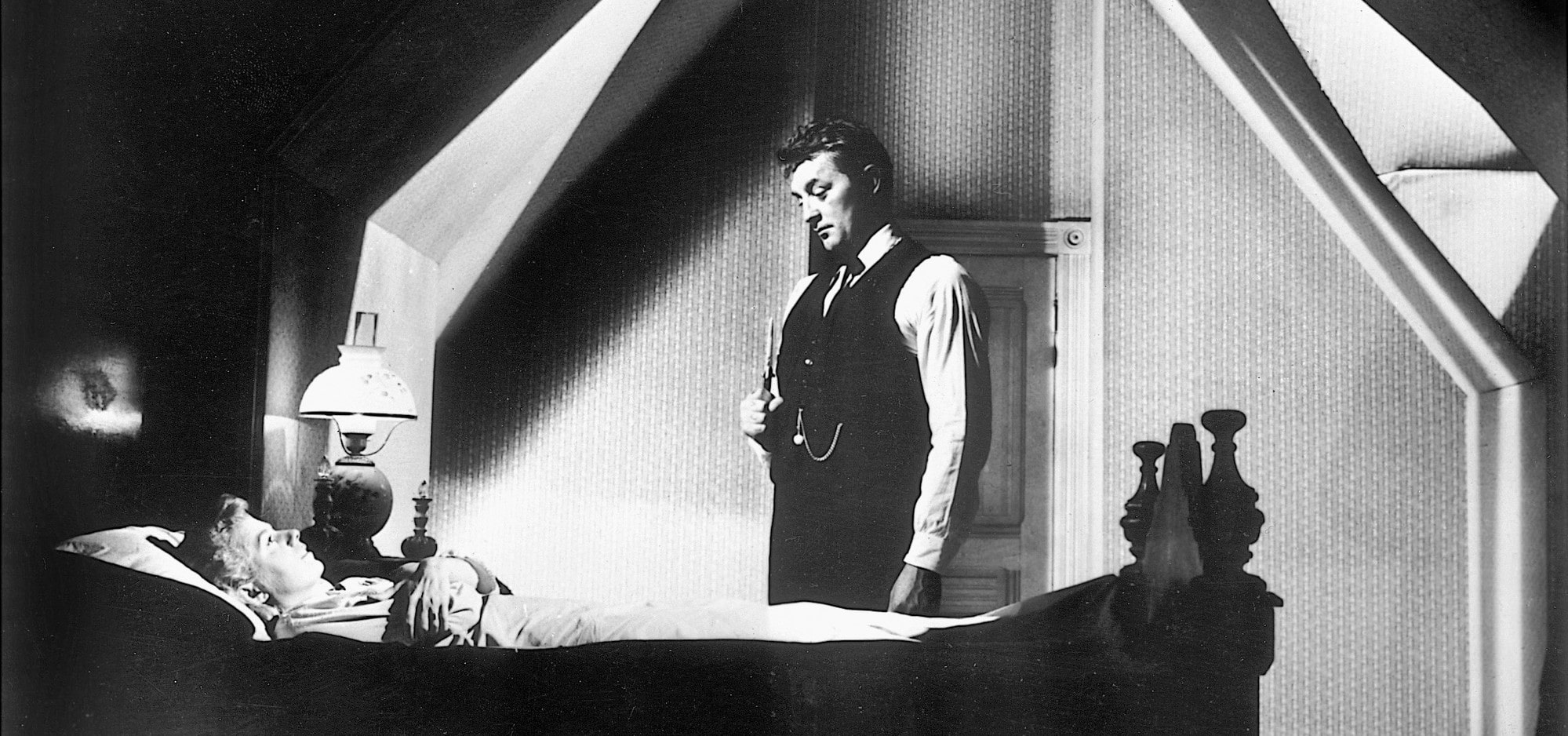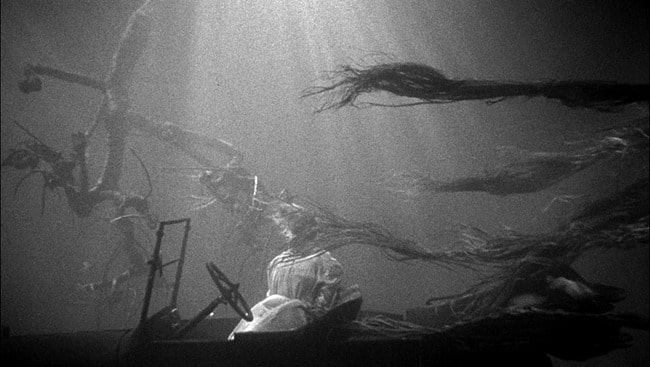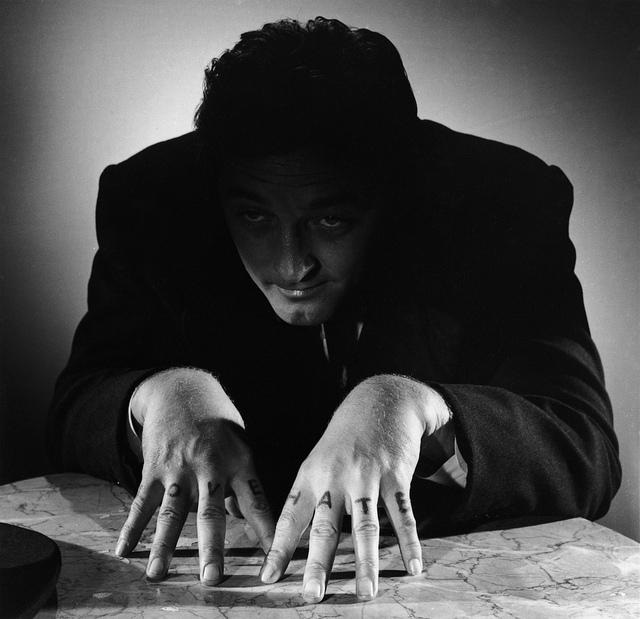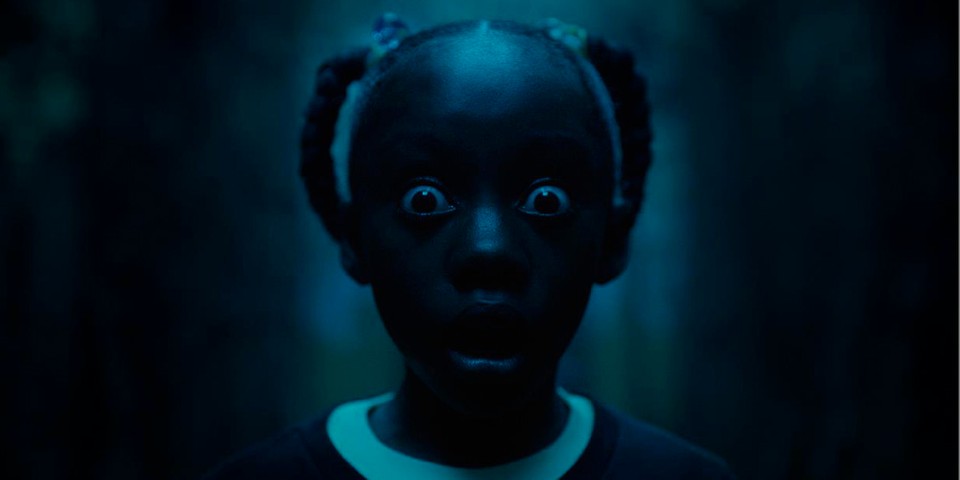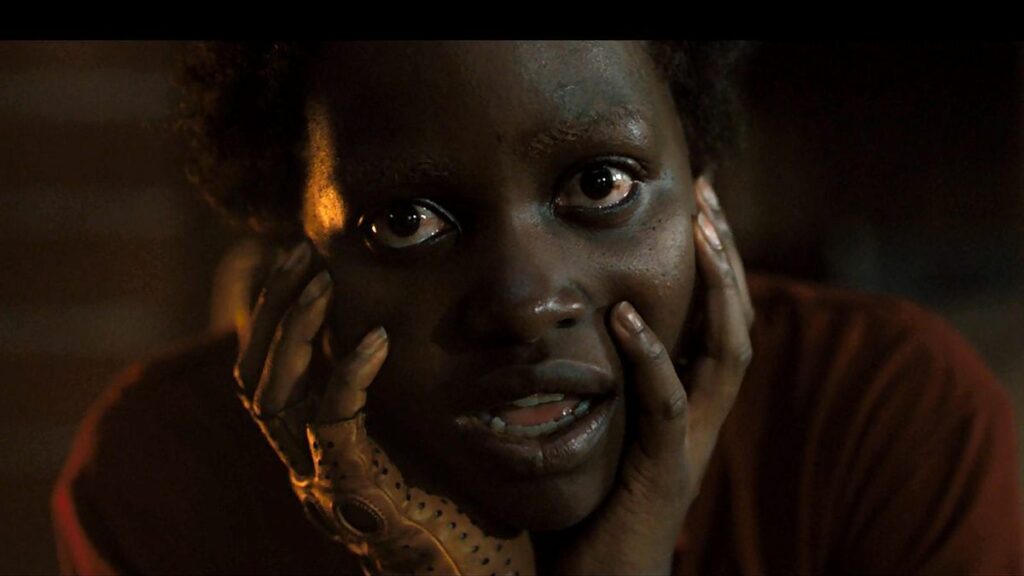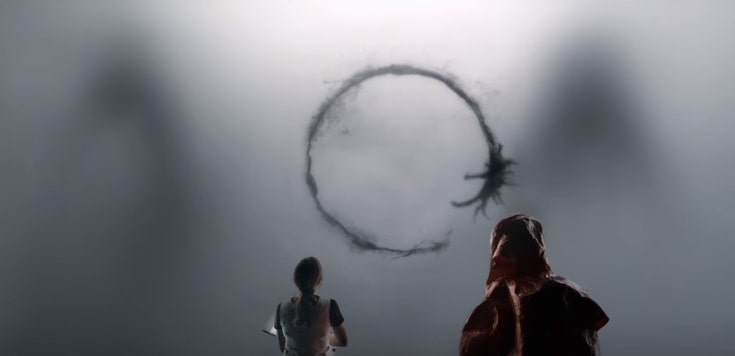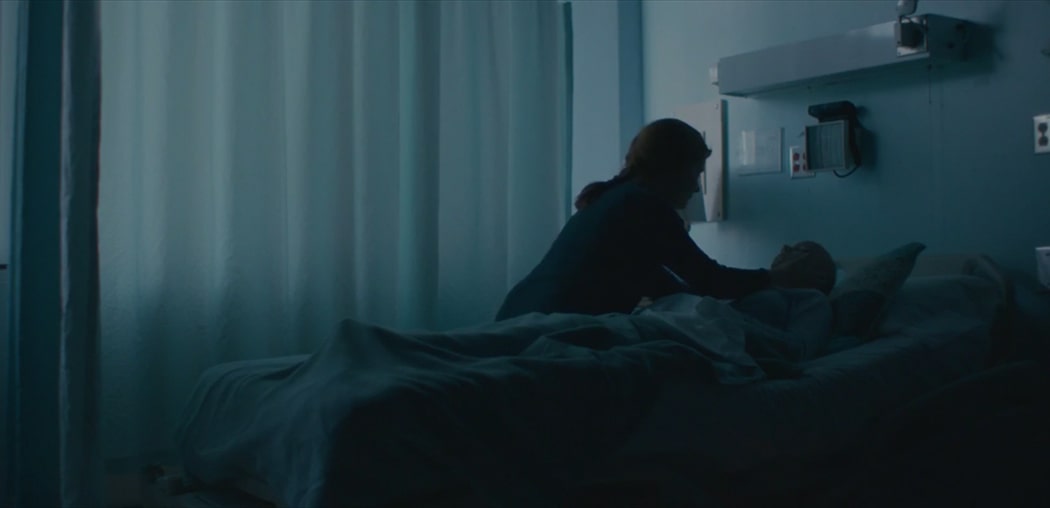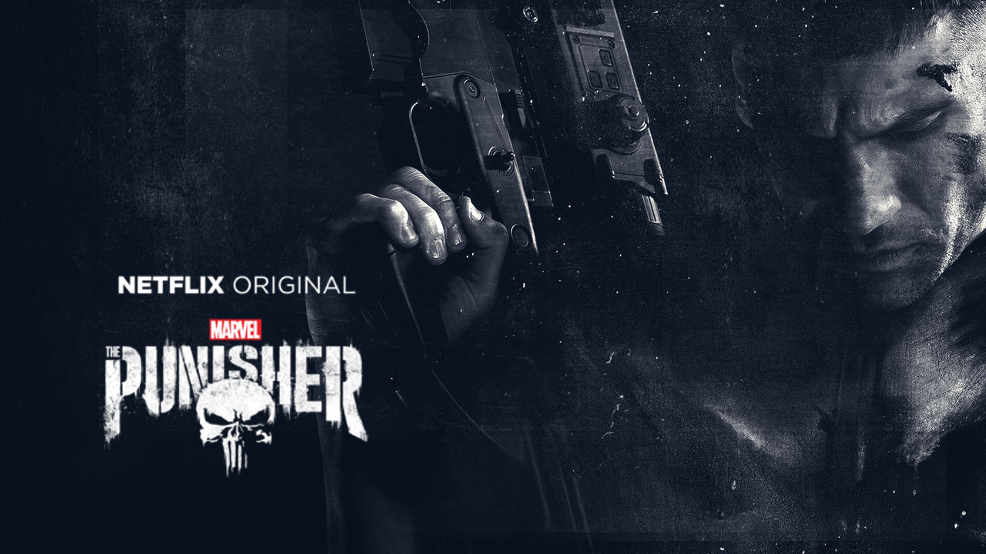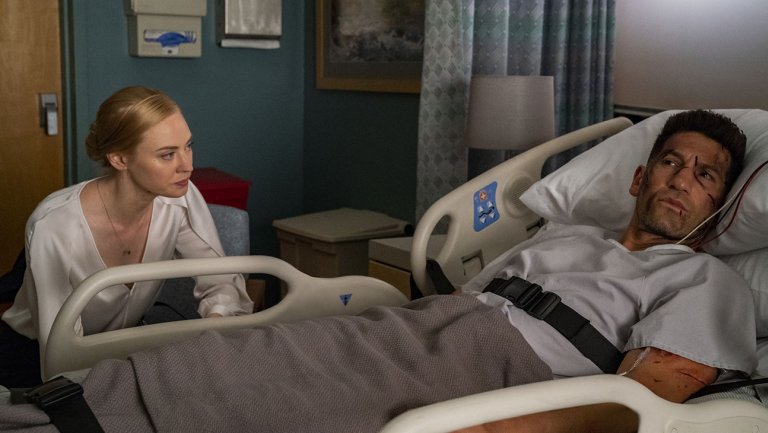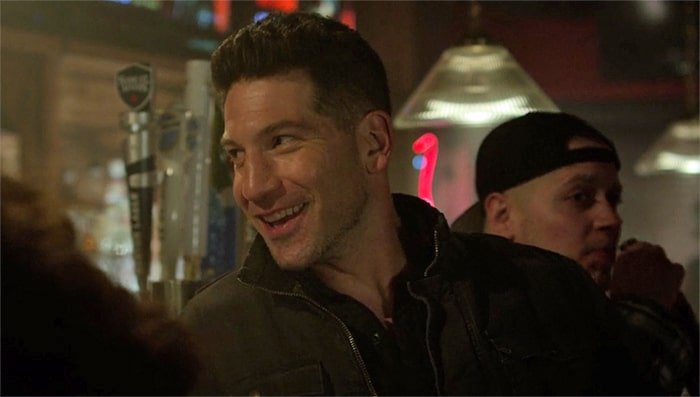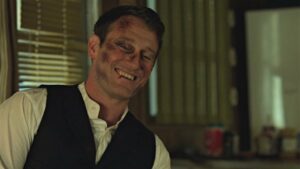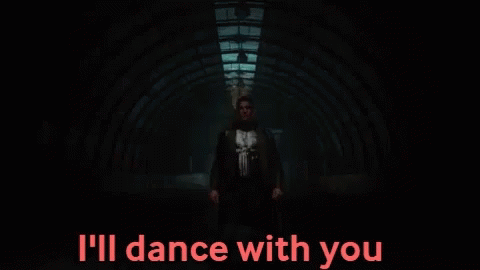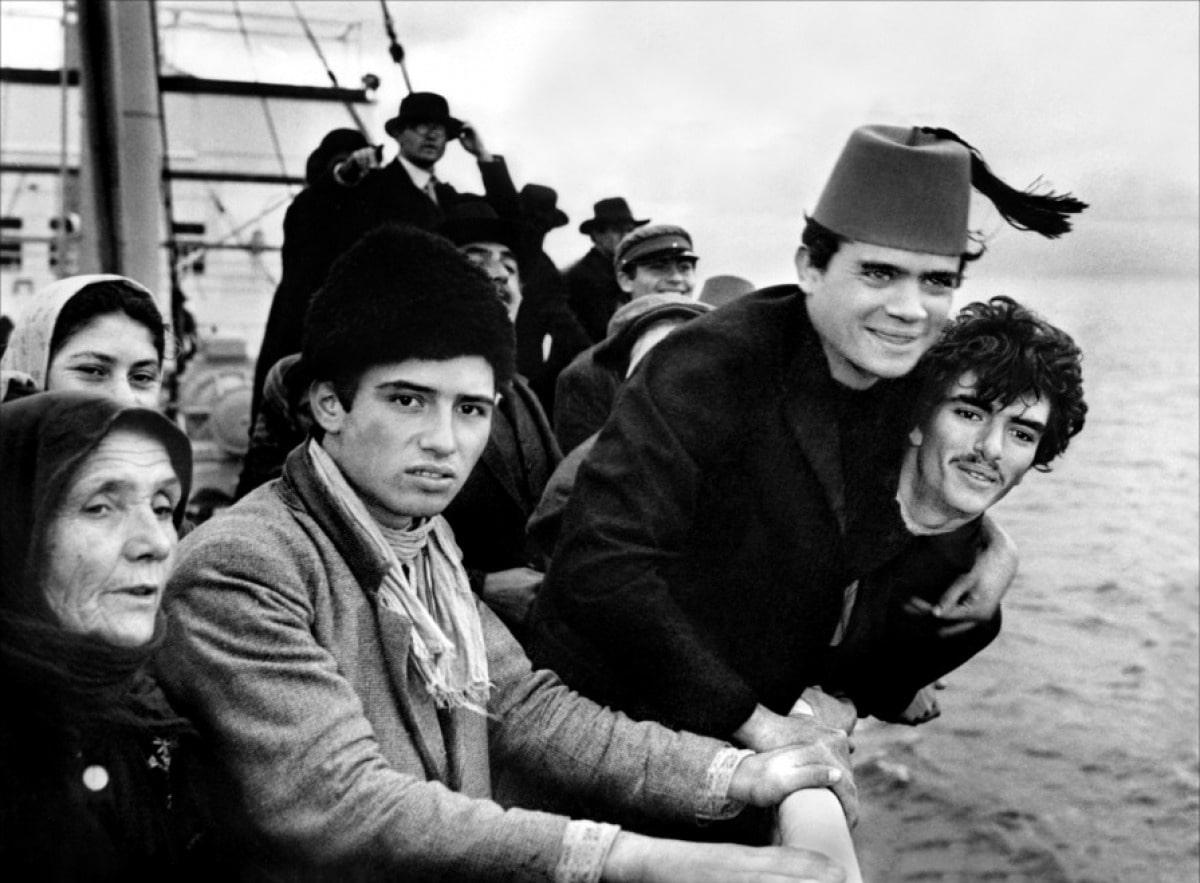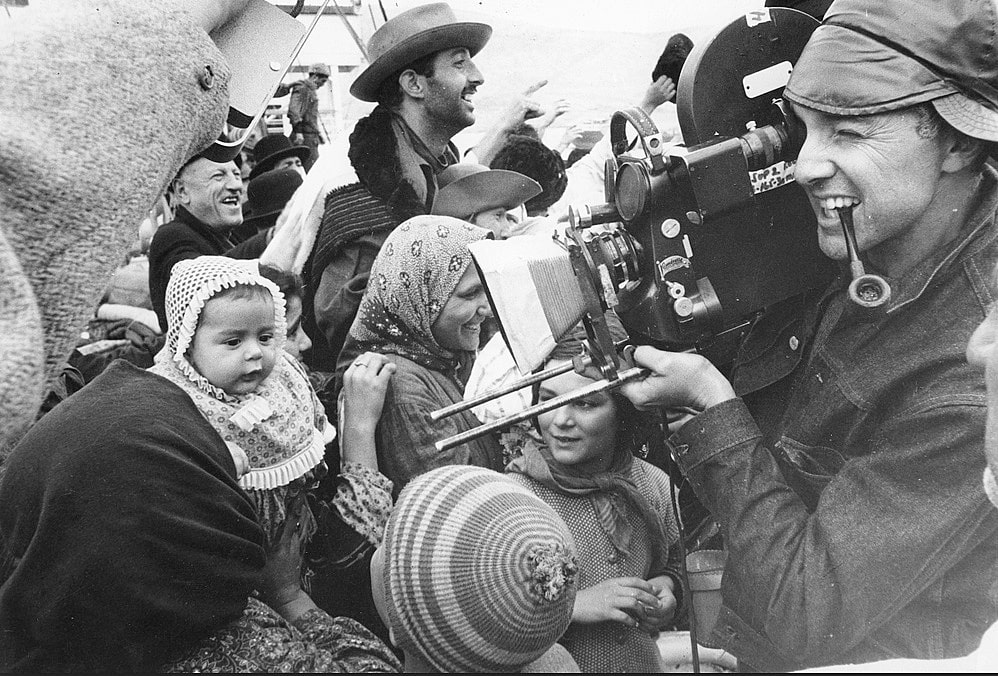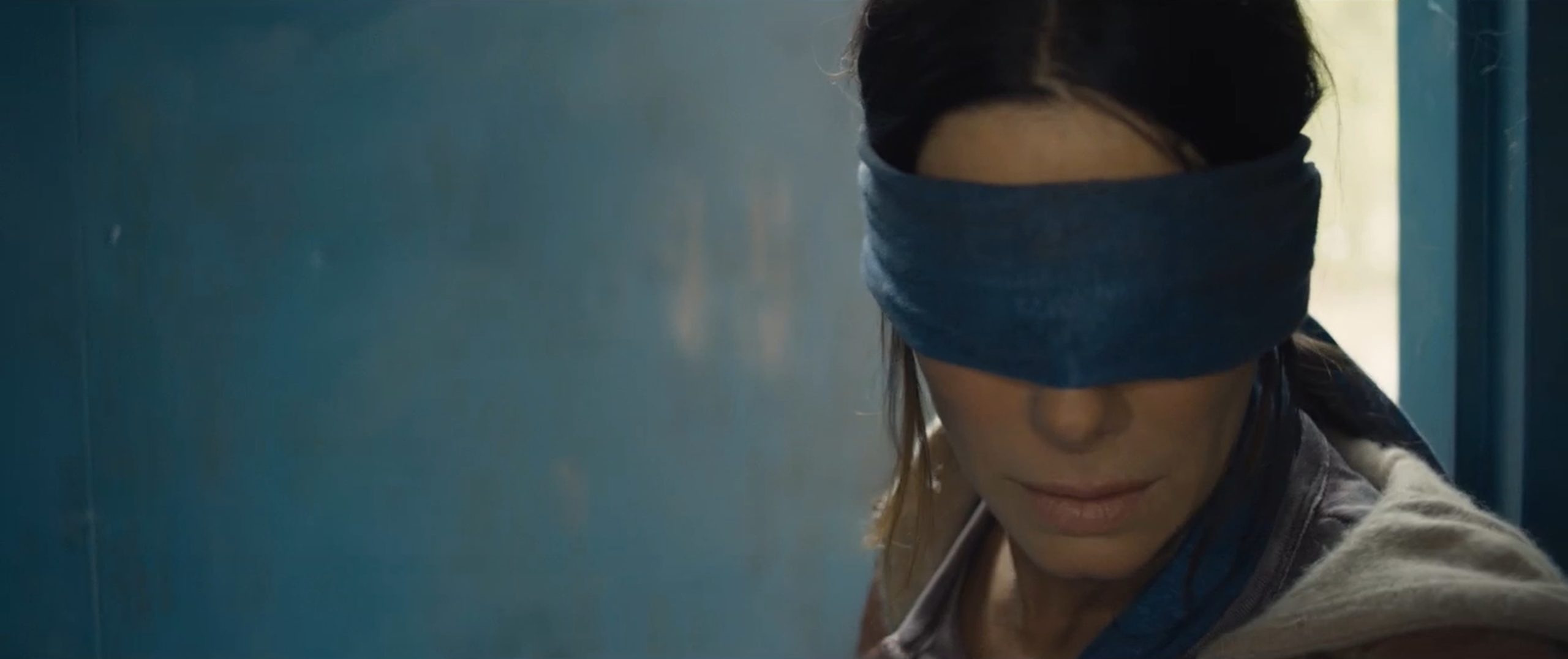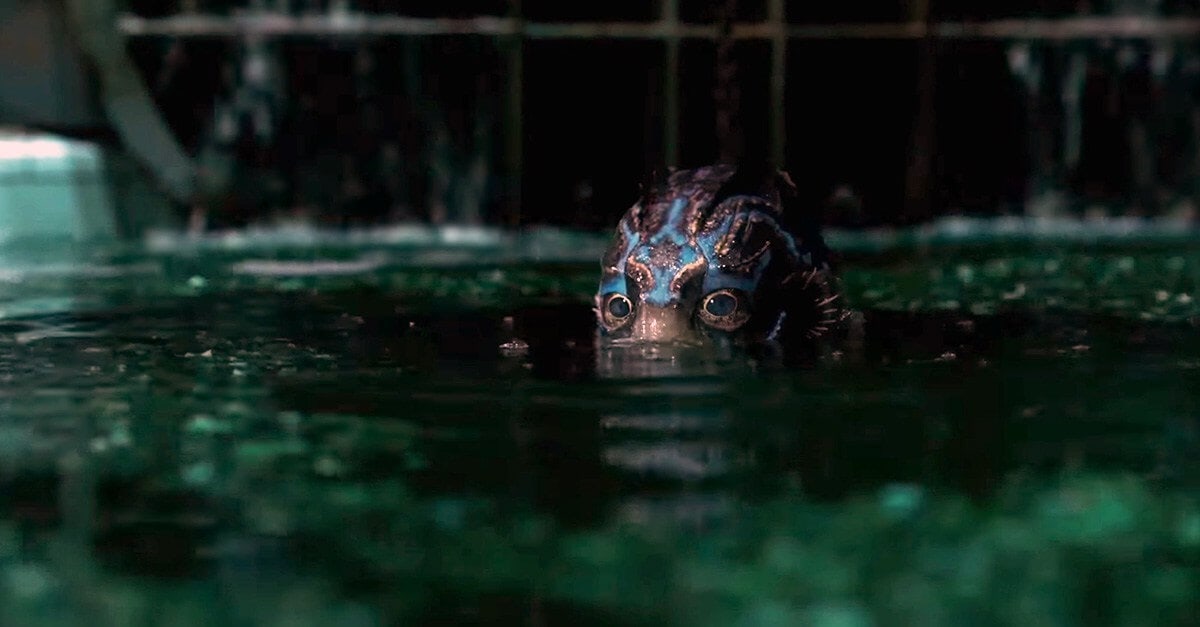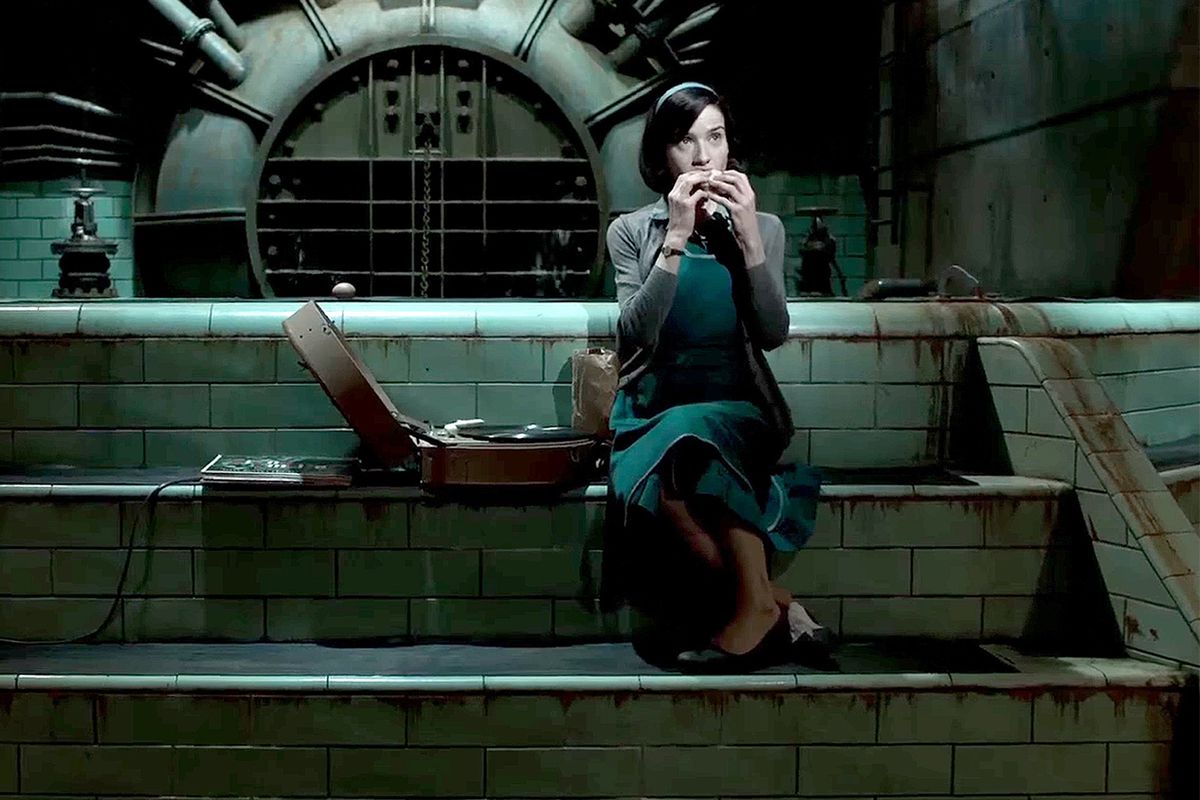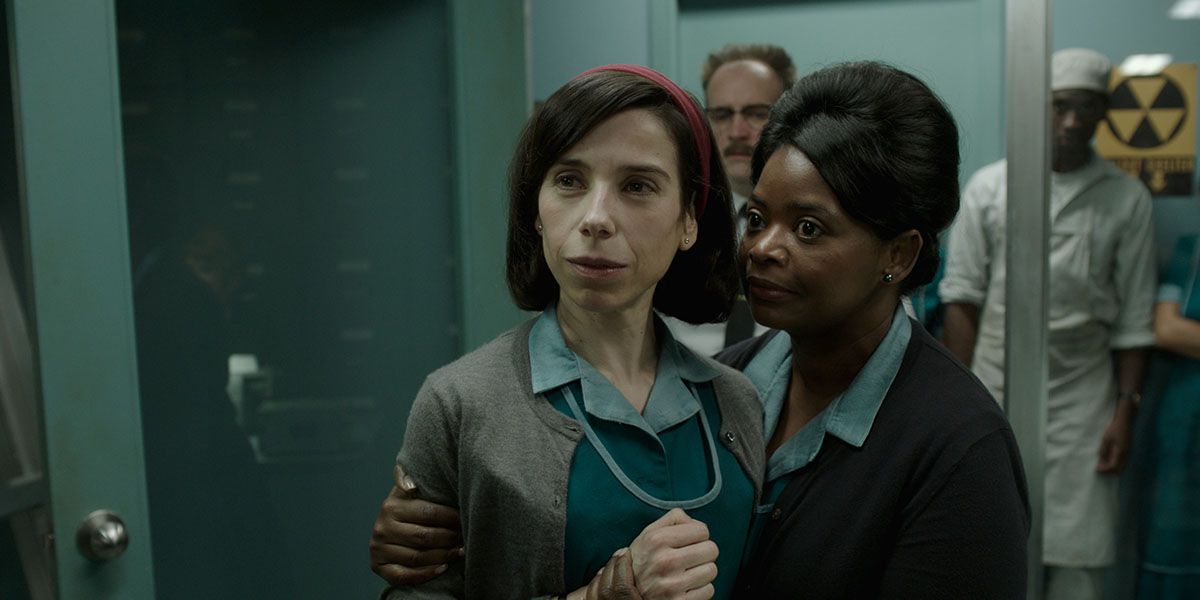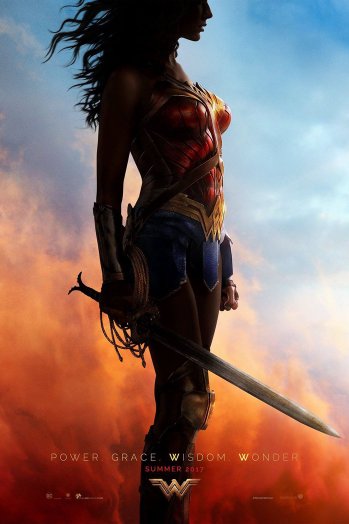
Wonder Woman
The best kinds of feminist works are produced by men. So, when trying to conceive of a great feminist story, it’s almost essential to have three male writers exclusively on the project. They just have an outsider’s perspective that makes their assessment of socialisation against women more poignant and insightful, apparently. And if you got this far without reading the obvious scorn in my tone, I will just come out and say that this anti-feminist trash was a meandering fucking mess of platitudes loosely veiled inside the circus ride that is the Marvel and DC trite movie formula. It’s utter, pedantic, and patriarchal crap. It does nothing for progress. If anything, it checks a box to say “There, we gave you one…now shut up,” which is the definition of moral licensing.
And I wish I were joking about the three male writers…I’m not. Zack Synder, shitbird extraordinaire, even managed to leave his indelible herpes stamp of slow-motion fuckery to this tragic step back for heroic female leads.
The only caveat I’ll give to this review is that it only addresses the film; I’m not even going to bother with the original source material, what is canon, or what would’ve made more sense had I read such and such an issue. Thankfully, I don’t have to.
Also, while there are probably some spoilers here, I don’t think it’ll ruin anything for you. Any “twists” they attempted are painfully conspicuous miles ahead. I honestly don’t even know where to begin. Maybe the subpar production value, where you can clearly see green fringing where some asshole didn’t chromakey properly – unbelievable for a film with a budget of $149 million. Or maybe the ill-timed edits, with staggering amounts of “posed” freezeframes, where they literally asked her to hold a knelt position so that her body was completely devoid of any hint of momentum in the physics.
We could talk about her weapon being a literal penis. For those of you that don’t know, the Latin word for “sword” – which is gladius – also has a slang tense that means penis. Scabbard, by contrast, is translated into Latin as “vagina.” I mean, I know it’s ineffectual in the context of the story, but it’s like…a literal fake penis…a façade dildo of justice, if you will. Hmm…can’t unwrite that one….
Maybe I’ll offer something I liked: the backstory about Aries falling was done in an interesting way – with a Renaissance-style painting the subtly moved. There. That’s it.
Why don’t I just list some of the obvious, sexist inferences and stereotypes that they did NOT aim to address outright, including some of my personal favorites:
- Sexual naiveté (needs a man to explain how babies are born, the difference between a watch and a penis, and she uses that ACTUAL FUCKING TERM ‘pleasures of the flesh’);
- Overreacting in a public space and needs to calm down;
- Doesn’t understand the nuances of war, despite being raised into a fucking warrior class;
- Mansplaining all over the goddamned place, and she’s almost invariably wrong in her arguments;
- Falls in love after Steve gives her the D;
- Unerring altruism (mothers the fuck out of everyone);
- Crazy-making or gaslighting (all the men distrusting her – nearly wink winking each other in every scene despite walking through a literal fucking portal and witnessing the power of these incredible warriors – not to mention her jumping 20 feet in the air and mowing down a church steeple);
- The obligatory, non-sexually competitive DUFF secretary (apparently this is a real thing, and it stands for “designated, ugly, fat friend” typically depicted in Rom-Coms);
- And finally, she learns the invaluable lesson that love conquers all because…mother complex.
I don’t care what anyone says, the acting – outside of Steve and Doctor Poison – was nearly unwatchable. One only has to turn down the overpowering music to notice the confused dialects that abound. I mean, shit, half the time these fuckers talk like they’re Nords from Skyrim; the other half, they’re Ukrainian gang members skulking around the outskirts of a ghetto in Odessa. Pick one for Christ’s sake! And hire a goddamned speech coach.
There is so much in here that was simply strung together without any thought for causality. Characters die, new ones emerge. Sidekicks come in to do absolutely fuck-all, just to fill out the labourious play-length. No one serves an essential purpose.
The exposition was nearly comic, with a bombastic voice over bookending this piece of shit. When there wasn’t an omniscient voice recounting everything you needed to know in order to fill in the gaping fucking plot holes, it was closeup after closeup of text. You get to read notebooks, emails, labels, you fucking name it. Shit, man, they should’ve made this a book!
The entire purpose of the movie was Bruce Wayne sending her an archival photo asking to hear more about the story – God knows why it was under the level of security it was – but instead they just end it with her writing a motherfucking thank you note on some nondescript email client. …WHAAAAAAAAAAA?! Maybe if Steve were still alive, he could’ve helped her set up Office or something, you know, more technically robust….
The last time I saw a genuinely feminist piece, outside of “Thelma and Louise,” was “All About Eve.” And in that case, it wasn’t noble at all, but depressing as all hell: they just didn’t mince their words about the gravity of the situation. Feminism isn’t about taking male gender schema traits and just mapping them onto a woman. “Oh, women are perceived as weak, then make the character physically strong…you know, like MAN-strong!”
Just as “strong” isn’t a trait that defines all of masculinity. Feminism is about balancing perceptions of what is valuable in society without obliterating the differences that make us special. It should bring people together, not perpetuate an ethos that doesn’t belong in our society to begin with.
If this is really being hailed as an empowering, feminist action film, then I think we’ve grown complacent…we need to demand much, much more here. This isn’t even a step in the right direction; it’s a fucking staggering back into a rigid male paradigm that still defines a woman’s purpose ONLY in relation to how she values and supports her man, and how she demonstrates her worth to her man. Fuck.
